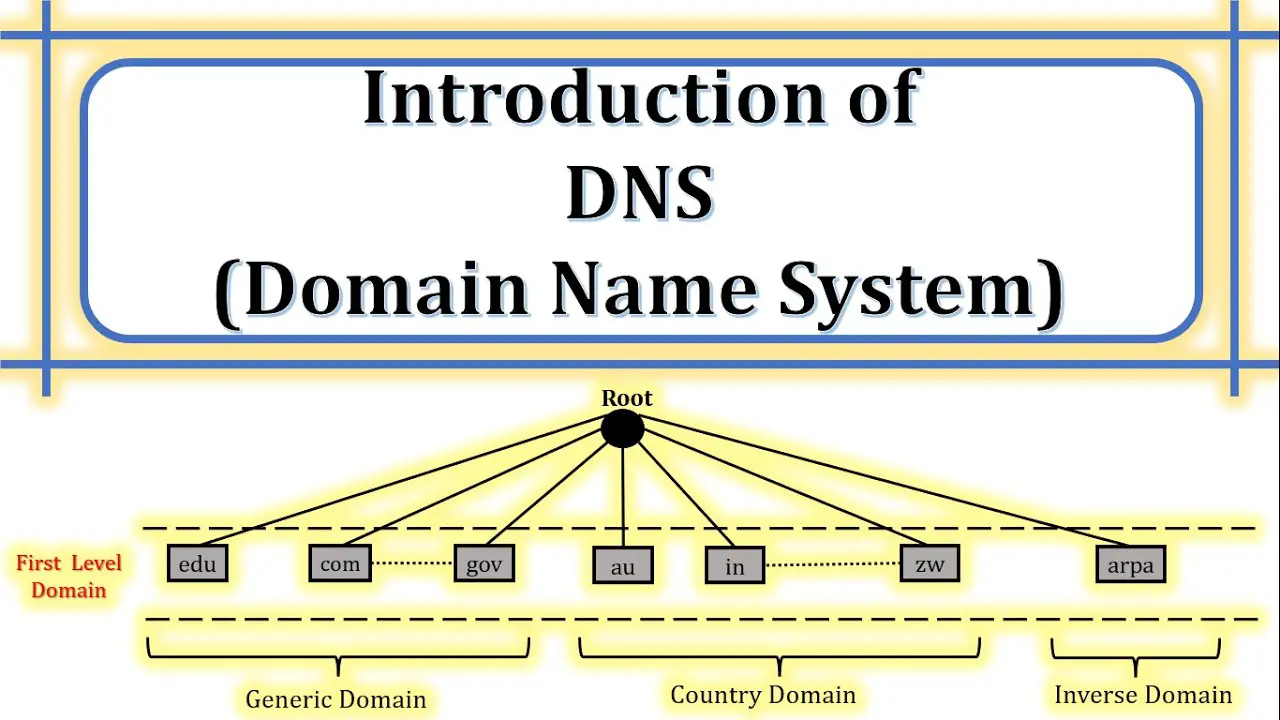Digital currency refers to a form of currency that exists in electronic or digital form, without a physical counterpart like coins or banknotes. The benefits of digital currency are multifaceted and transformative in various aspects of the global economy. Firstly, digital currency enhances financial inclusion by providing access to banking services for individuals without traditional banking access. It fosters efficiency in financial transactions, as digital transactions are often faster and can be conducted 24/7, reducing the need for traditional banking hours. Additionally, digital currencies, such as cryptocurrencies, offer increased security through cryptographic techniques, mitigating the risks associated with fraud and counterfeiting. Furthermore, digital currencies facilitate cross-border transactions, eliminating the need for intermediaries and reducing transaction costs. The decentralized nature of many digital currencies also promotes financial autonomy and privacy for users. These currencies often operate on blockchain technology, providing transparent and immutable transaction records, thereby minimizing the risk of corruption. Overall, the benefits of digital currency extend to financial accessibility, efficiency, security, cross-border transactions, and privacy, making it a pivotal component in shaping the future of global finance.
In the fast-paced and ever-evolving landscape of finance and technology, digital currency has emerged as a transformative force, challenging traditional notions of money and revolutionizing the way we conduct transactions. With the rise of cryptocurrencies like Bitcoin, Ethereum, and numerous others, the world is witnessing a paradigm shift towards a digital financial future. In this comprehensive article, we delve into the benefits of digital currency, examining its impact on financial systems, businesses, individuals, and the global economy.
1. Decentralization and Security
One of the fundamental benefits of digital currency lies in its decentralized nature. Unlike traditional banking systems that are controlled by central authorities, digital currencies operate on decentralized networks, often based on blockchain technology. This decentralization minimizes the risk of fraud, hacking, and manipulation, enhancing the security and integrity of financial transactions. Blockchain’s cryptographic features ensure the immutability of transaction records, making digital currencies a secure and transparent alternative to traditional banking.
2. Empowering Decentralized Finance (DeFi)
Digital currencies serve as the backbone for the burgeoning DeFi ecosystem. Decentralized finance platforms leverage blockchain technology to offer a wide range of financial services, including lending, borrowing, and trading, without the need for traditional intermediaries. This democratization of financial services empowers individuals globally, providing them with greater control over their assets and financial decisions.
3. Financial Inclusion
Digital currencies have the potential to bring financial services to the unbanked and underbanked populations worldwide. With traditional banking infrastructure often inaccessible in remote or economically disadvantaged regions, digital currencies provide a means for individuals to participate in the global economy. Through the use of smartphones and internet connectivity, even those without access to traditional banking can engage in financial transactions, fostering greater financial inclusion and economic empowerment.
4. Reduced Transaction Costs
Traditional financial transactions involve intermediaries such as banks, clearinghouses, and payment processors, each charging fees for their services. Digital currencies streamline this process, eliminating the need for multiple intermediaries and significantly reducing transaction costs. Peer-to-peer transactions on blockchain networks often come with lower fees compared to traditional financial systems, making digital currencies an attractive option for cost-effective global transactions.
5. Rapid and Borderless Transactions
Digital currencies enable near-instantaneous cross-border transactions, eliminating the delays associated with traditional banking systems. Blockchain technology facilitates real-time settlement, allowing businesses and individuals to conduct transactions across borders without the need for intermediaries or extended processing times. This speed and borderlessness contribute to increased efficiency in global trade and financial interactions.
6. Innovation in Financial Services
The advent of digital currencies has spurred innovation in the financial services sector. Decentralized finance (DeFi) platforms leverage blockchain technology to offer a range of financial services, including lending, borrowing, and trading, without the need for traditional intermediaries. Smart contracts, automated protocols executed on blockchain networks, enable programmable and self-executing financial agreements, opening up new possibilities for efficiency and innovation in financial transactions.
7. Enhanced Privacy
While transactions on traditional financial platforms often involve the disclosure of personal information, digital currencies offer enhanced privacy features. Many cryptocurrencies use advanced cryptographic techniques to secure user identities and transaction details, providing users with greater control over their financial privacy. This focus on privacy aligns with the growing demand for data protection and confidentiality in an increasingly digital world.
8. Protection Against Inflation
Digital currencies, particularly cryptocurrencies with capped supplies like Bitcoin, offer a hedge against inflation. The fixed supply mechanisms programmed into these currencies prevent arbitrary increases in the money supply, guarding against the devaluation of currency due to inflationary pressures. This feature becomes especially relevant in economies facing high inflation rates, providing individuals with a store of value resistant to monetary depreciation.
9. Empowering Microtransactions and Micropayments
Digital currencies facilitate microtransactions, allowing for the seamless exchange of small amounts of value. This capability opens up new possibilities for content creators, businesses, and consumers by enabling pay-per-use models, microdonations, and other innovative payment structures. The ability to transact in tiny increments without significant transaction costs expands economic opportunities for content creators, developers, and service providers.
10. Smart Contracts and Programmable Money
Smart contracts, self-executing contracts with the terms of the agreement directly written into code, represent a revolutionary aspect of digital currencies. These contracts automate and enforce the execution of contractual agreements without the need for intermediaries, reducing the risk of fraud and ensuring trustless transactions. The programmability of money through smart contracts opens the door to a wide range of applications, from decentralized applications (DApps) to complex financial instruments.
11. Environmental Sustainability
In response to concerns about the environmental impact of traditional financial systems and certain proof-of-work-based cryptocurrencies, there is a growing shift toward more sustainable blockchain technologies. Proof-of-stake and other eco-friendly consensus mechanisms aim to reduce the energy consumption associated with digital currency transactions. This emphasis on sustainability aligns with broader global efforts to address climate change and environmental concerns.
12. 24/7 Accessibility
Digital currencies operate on a global scale and are not bound by traditional banking hours or geographic locations. This accessibility ensures that users can transact at any time, fostering a more inclusive and flexible financial system. This round-the-clock availability is particularly advantageous for international businesses and individuals engaged in cross-border transactions across different time zones.
13. Efficiency and Speed
Transactions with digital currencies are typically faster compared to traditional banking systems. Blockchain technology enables quick verification and settlement of transactions, eliminating delays associated with traditional clearinghouses. This increased speed is particularly beneficial in scenarios where time-sensitive transactions are crucial, such as in financial markets or emergency fund transfers.
14. Educational Opportunities
The rise of digital currencies has created educational opportunities in fields such as blockchain development, cryptocurrency trading, and smart contract programming. As the demand for skills in these areas increases, educational institutions and online platforms offer courses and programs to meet the growing need for expertise in the digital currency space.
15. Philanthropy and Social Impact
Digital currencies have been utilized for philanthropic purposes and social impact initiatives. Blockchain technology enables transparent tracking of donations, reducing the risk of mismanagement or corruption in charitable activities. Additionally, digital currencies can facilitate financial aid and remittances to regions in need, providing a more direct and efficient means of support.
16. Crisis Resilience
In times of economic or political crises, digital currencies may offer an alternative means of preserving wealth. As traditional currencies and financial systems may be subject to volatility and uncertainty during crises, some individuals turn to digital currencies as a store of value or a hedge against economic downturns.
17. Reduced Dependence on Intermediaries
Digital currencies enable peer-to-peer transactions without the need for intermediaries such as banks. This reduction in dependence on intermediaries can lead to a more efficient and streamlined financial system, where individuals have direct control over their assets and transactions without relying on third parties for validation or approval.
18. Immutable and Transparent Ledger
The blockchain, the underlying technology of many digital currencies, provides an immutable and transparent ledger of all transactions. Once a transaction is recorded on the blockchain, it cannot be altered or tampered with, ensuring the integrity of the financial system. This transparency can also contribute to reducing fraud and illicit activities.
19. Economic Growth and Innovation
Digital currencies have the potential to stimulate economic growth by fostering innovation and entrepreneurship. The accessibility, efficiency, and programmability of digital currencies create a fertile ground for the development of new business models, products, and services. This innovation can lead to job creation and economic development in the digital economy.
As digital currencies continue to reshape the financial landscape, the benefits outlined above underscore their potential to drive positive change on a global scale. From enhancing security and reducing transaction costs to fostering financial inclusion and innovation, the advantages of digital currency are vast and transformative. While challenges and regulatory considerations persist, the ongoing evolution of digital currencies promises to usher in a new era of financial possibilities, empowering individuals and businesses in ways previously unimaginable. As we navigate this digital frontier, the journey towards a decentralized and inclusive financial future unfolds, with digital currency leading the way.
Conclusion
The advent of digital currency has ushered in a transformative era with multifaceted benefits. The inherent efficiency and speed of digital transactions redefine the traditional financial landscape, offering unparalleled convenience for individuals and businesses alike. Reduced transaction costs, increased financial inclusion, and the elimination of geographical barriers underscore the democratizing impact of digital currency, fostering economic participation on a global scale. Moreover, the decentralized nature of many digital currencies, notably cryptocurrencies, enhances security and diminishes reliance on intermediaries, mitigating the risks associated with centralized financial systems. Blockchain technology, the backbone of digital currencies, ensures transparency and immutability, thereby instilling trust in financial transactions. The integration of smart contracts further streamlines and automates processes, reducing the likelihood of fraud. Additionally, digital currencies have the potential to revolutionize cross-border transactions, offering a frictionless and cost-effective alternative to traditional methods. As we embrace the digital era, the benefits of digital currency extend beyond monetary transactions, influencing innovation, economic development, and financial accessibility. In essence, the adoption of digital currency represents a pivotal step towards a more inclusive, secure, and efficient global financial ecosystem.







Leave a Reply